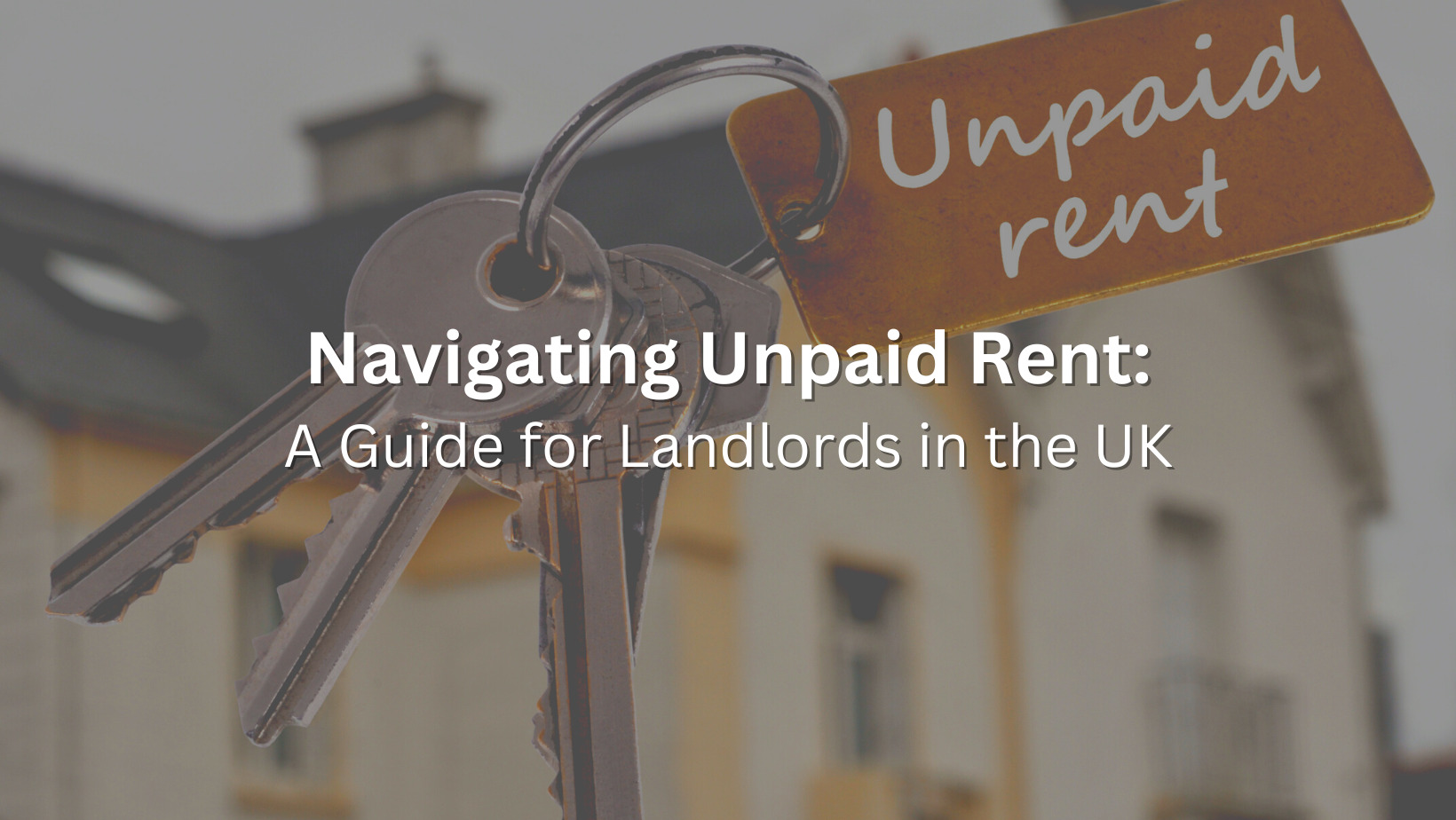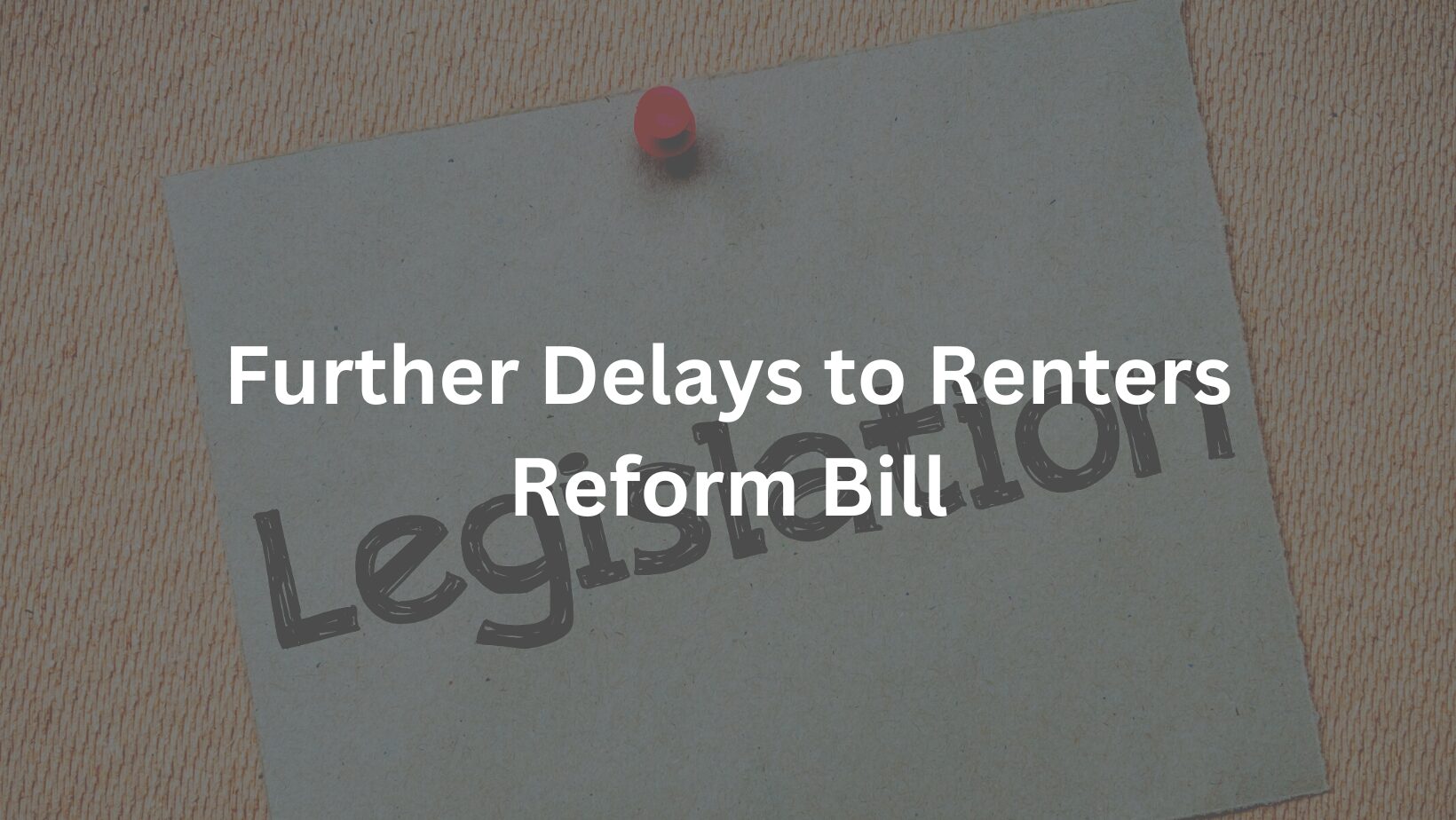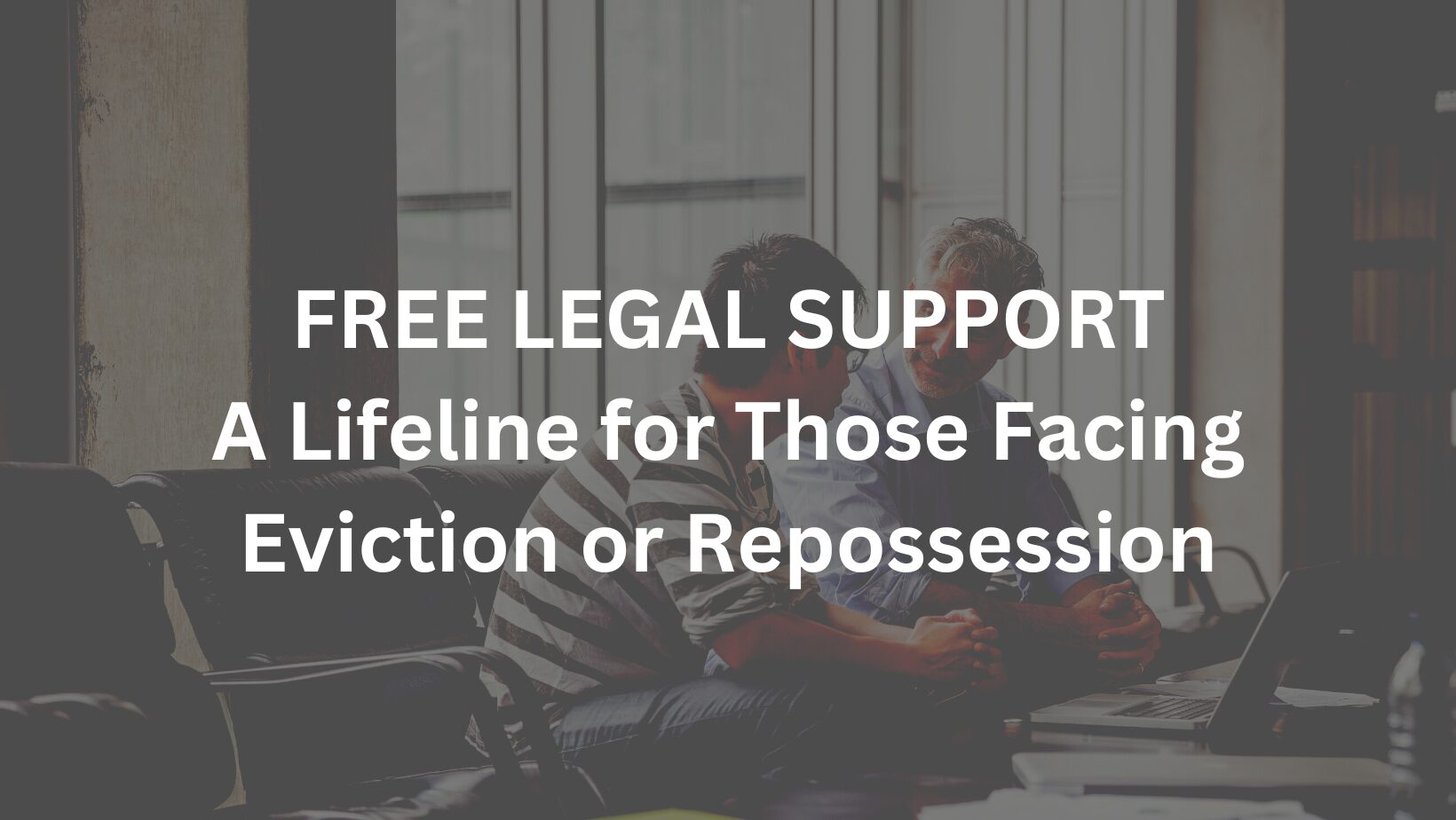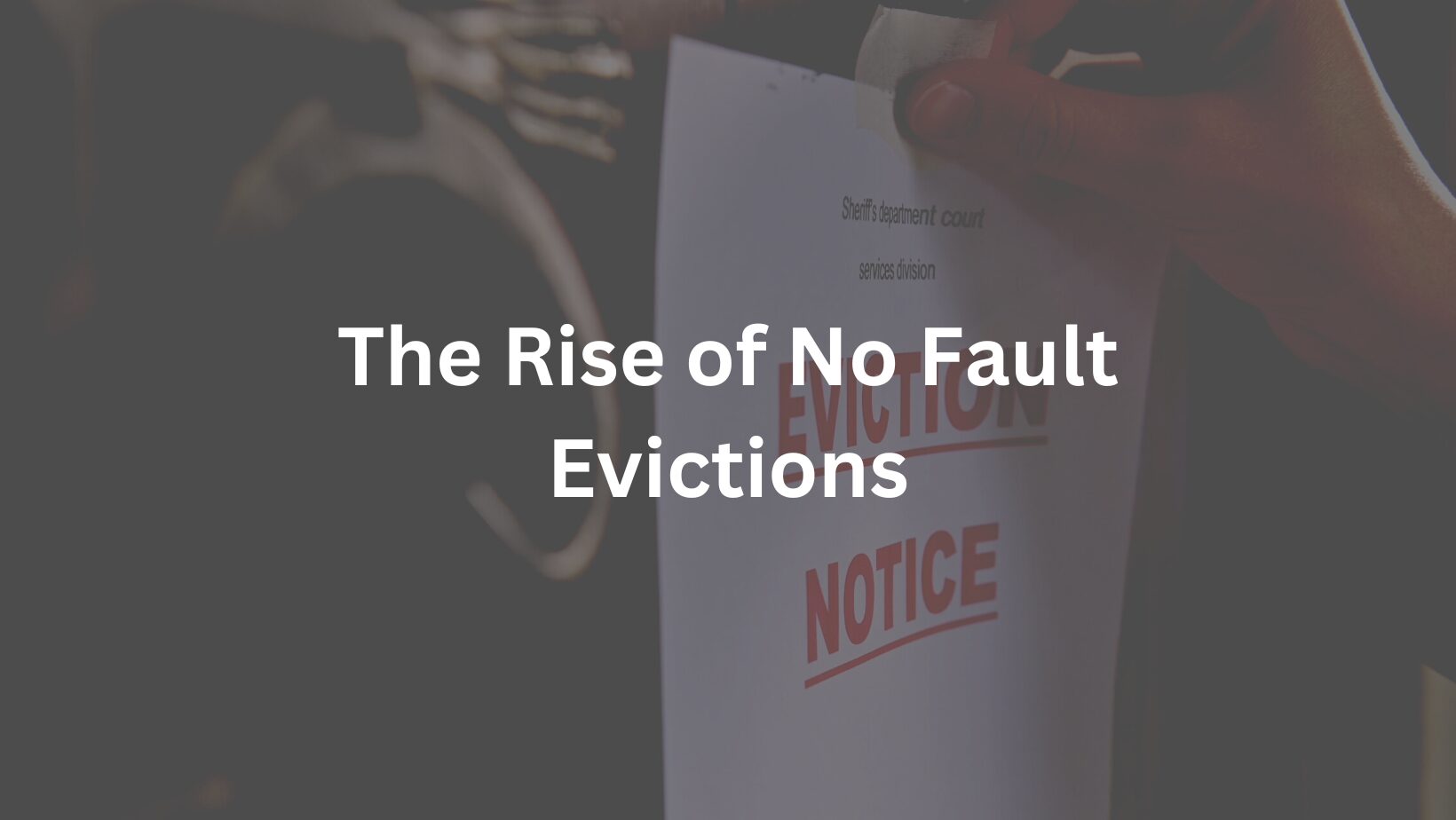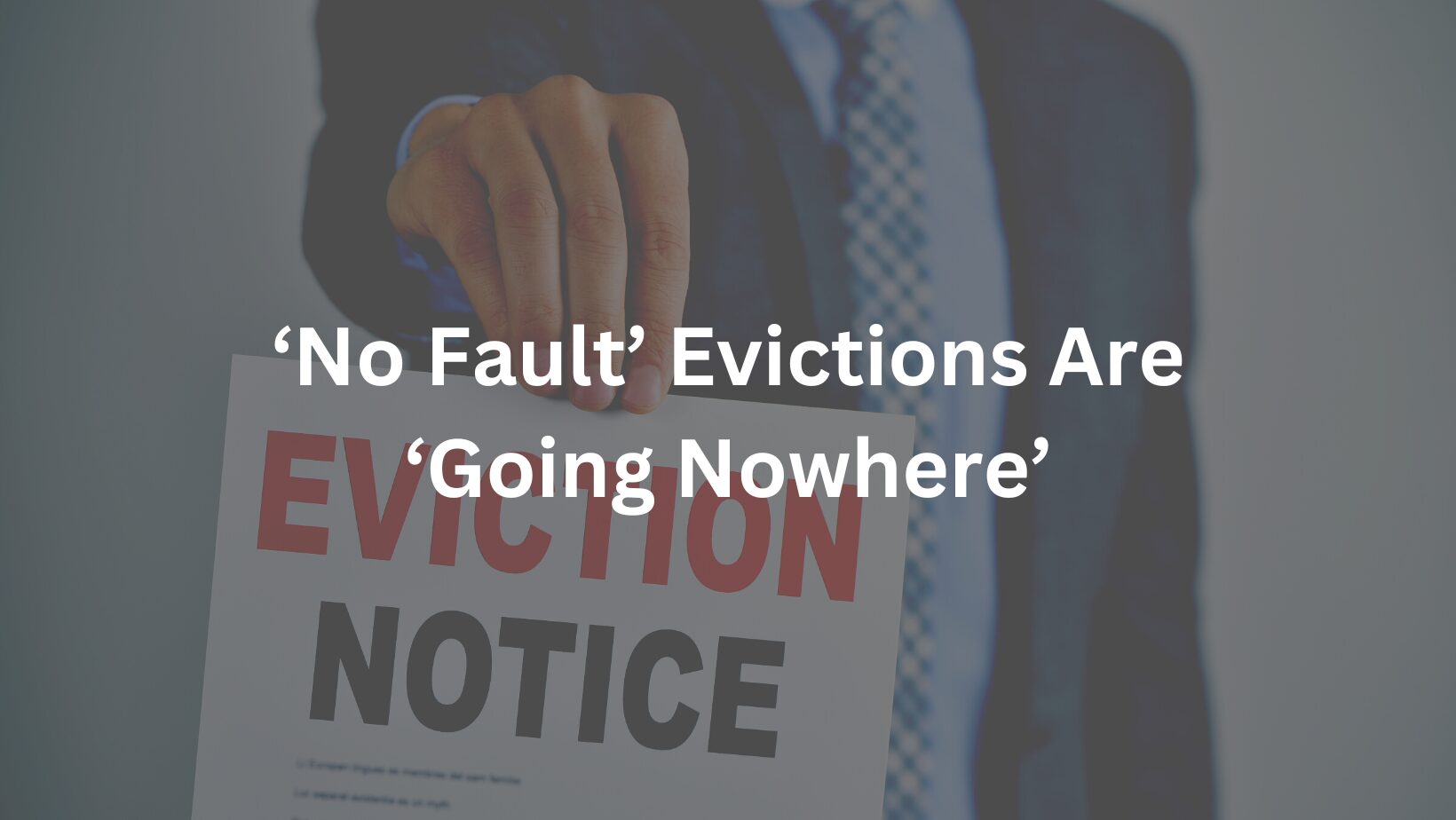Being a landlord can be a rewarding venture, but it comes with its fair share of challenges, one of which is dealing with unpaid rent. When tenants fail to fulfil their rental obligations, it can cause financial stress and disruption for landlords. However, there are legal avenues and best practices you can follow to address this issue effectively and protect your investment. In this guide, we will outline steps and considerations for landlords in the UK who are owed money in unpaid rent.
1. Communication is Key
The first step when rent goes unpaid is to open a line of communication with your tenant. Often, the non-payment could be due to unforeseen circumstances, and a conversation might resolve the issue without further action. Reach out via phone, email, or in person to discuss the situation and understand the reasons behind the missed payment.
2. Serve a Formal Notice
If communication doesn't lead to resolution, consider serving a formal notice to the tenant. In the UK, this typically starts with a Section 8 notice. A Section 8 notice is used when there are grounds for eviction, including unpaid rent.
3. Seek Legal Advice
Navigating the legal aspects of unpaid rent can be complex. It is advisable to consult with a solicitor who specialises in landlord-tenant law. They can guide you through the legal process, ensuring that your actions are in line with UK regulations.
4. Mediation and Negotiation
Before pursuing court action, consider mediation or negotiation. Mediation involves a neutral third party helping both sides come to an agreement. Negotiation might involve creating a repayment plan or finding a mutually beneficial solution.
5. Court Proceedings
If other methods fail, you can take legal action by applying to the county court for a Possession Order and/or a Money Judgment. The Possession Order will allow you to regain possession of the property, while the Money Judgment will determine the amount of unpaid rent and other costs owed to you.
6. Recovering the Debt
Once you have a court order, you can take steps to recover the unpaid rent. This could involve using bailiffs to seize assets or wages, garnishing the tenant's wages, or placing a charge on their property.
7. Protecting Your Future
To prevent similar situations in the future, it is wise to have robust tenant screening processes in place. Thoroughly check references, credit history, and employment status before signing a tenancy agreement.
8. Landlord Insurance
Consider investing in landlord insurance, which can provide coverage for unpaid rent, legal expenses, and property damage caused by tenants.
9. Alternative Dispute Resolution
The UK has various alternative dispute resolution schemes, such as the Property Redress Scheme and the Tenancy Deposit Scheme. These can offer a quicker and less expensive way to resolve disputes.
10. Prevention is Better Than Cure
Preventing unpaid rent is always better than dealing with the aftermath. Maintain a good relationship with your tenants, promptly address maintenance issues, and ensure that your rental agreements are clear and detailed.
In conclusion, handling unpaid rent as a landlord in the UK requires a combination of communication, legal knowledge, and a proactive approach. By understanding the legal processes, seeking expert advice when needed, and implementing preventive measures, you can effectively navigate the challenges of unpaid rent and protect your investment. Remember, each situation is unique, so tailor your approach based on the specific circumstances you face.
OUR UPDATES
Latest news & updates
I need help with...
Whatever help you require, get in touch with us!
